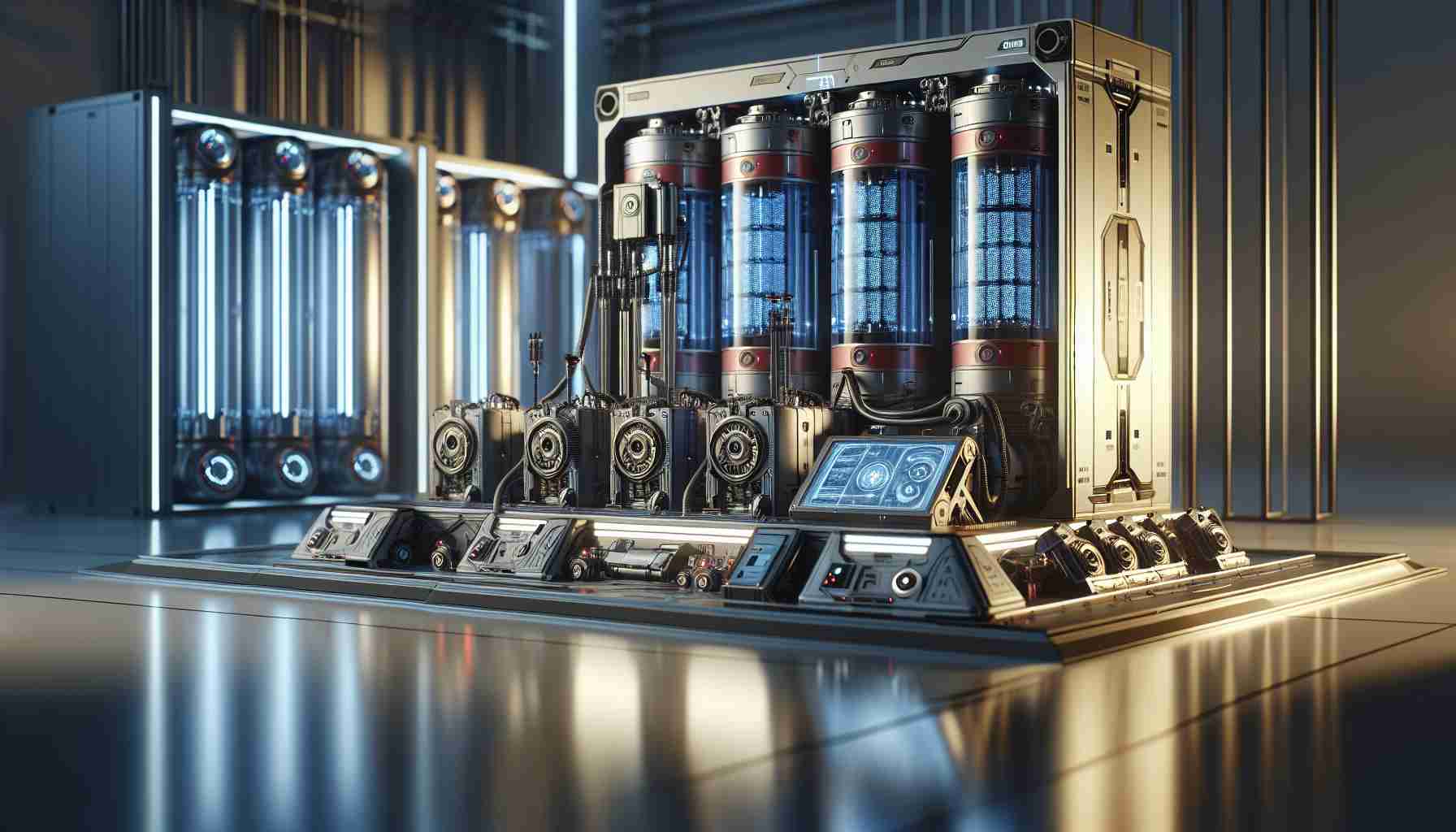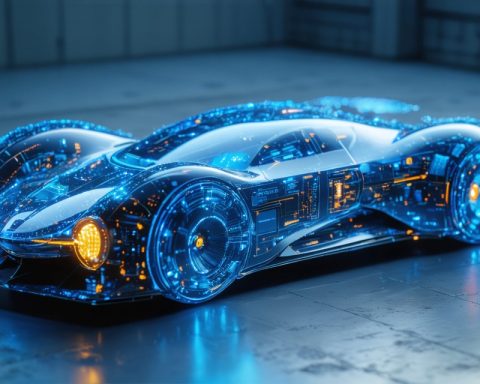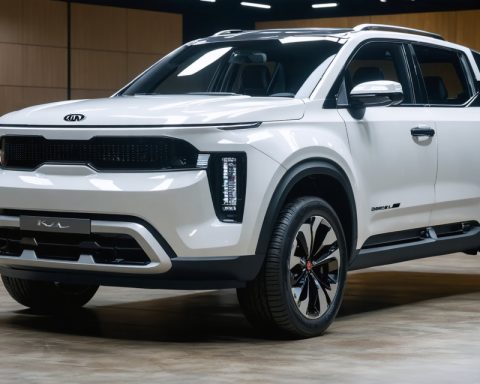In an ambitious move to reshape the electric vehicle industry, Zeta Energy Corp has teamed up with Stellantis to develop groundbreaking lithium-sulfur (Li-S) batteries. This strategic partnership targets several advancements, including enhancing vehicle range, boosting power, and cutting battery costs, all crucial for the next generation of electric vehicles.
The innovative Li-S battery technology stands out for its remarkable charging speed, reportedly achieving charge times 50% faster than current lithium-ion batteries. Not only do these batteries promise rapid charging, but they are also engineered to deliver higher power density without compromising on size. Their design ensures a lightweight battery, which can dramatically improve vehicle performance by reducing overall weight.
One of the most striking advantages is the potential cost efficiency. These batteries are projected to be roughly half the price per kilowatt-hour compared to their lithium-ion counterparts, marking a significant reduction in the cost of electric vehicles. Such economic benefits could accelerate the adoption of EVs and make them accessible to a broader audience.
Currently under development, this breakthrough in battery technology has stirred excitement within the industry. Stellantis has announced ambitious plans to begin integrating these advanced batteries into their electric vehicles, targeting a rollout by 2030. This collaboration between Zeta Energy Corp and Stellantis represents a significant leap toward an electrified future, promising a cleaner and more cost-effective solution for consumers and manufacturers alike.
Expect major advancements in how we power our world as this collaboration unfolds into reality.
Unveiling the Next Era of Electric Vehicles: Why Lithium-Sulfur Batteries Could Be a Game Changer
The collaboration between Zeta Energy Corp and Stellantis on lithium-sulfur (Li-S) battery technology is poised to revolutionize the electric vehicle (EV) industry. With the promise of faster charging, increased power, and substantially lower costs, this partnership could redefine the way we think about and use electric vehicles.
How Lithium-Sulfur Batteries Outshine Lithium-Ion
Advantages of Li-S Batteries:
– Rapid Charging: Li-S batteries can achieve charge times up to 50% faster than traditional lithium-ion batteries, providing a significant convenience for EV users.
– Higher Power Density: The technology ensures that batteries remain compact while delivering more power, which can lead to improved vehicle performance without increasing the weight.
– Cost Efficiency: These batteries are anticipated to be roughly half the price per kilowatt-hour compared to lithium-ion batteries, potentially reducing the overall cost of electric vehicles and making them more attainable for consumers.
Key Innovations and Trends
The burgeoning use of Li-S technology signals an essential trend within the EV sector. Manufacturers are continuously striving to enhance battery efficiency while maintaining sustainability. This is not only crucial for improving user experience but also for meeting environmental commitments worldwide.
Predictions for Market Impact
The integration of Li-S batteries by companies like Stellantis may lead to greater EV adoption, as the cost reductions could entice price-sensitive markets and broader demographics. By 2030, with Stellantis aiming to harness this technology widely, the competitive landscape of EVs is likely to witness substantial shifts.
Security Aspects and Sustainability Measures
Li-S batteries are considered more environmentally friendly, mainly because sulfur is more abundant and less costly than the cobalt used in lithium-ion batteries. Additionally, enhanced safety features in Li-S technology can reduce the risk of battery fires, a critical concern with traditional lithium-ion batteries.
Future Insights and Use Cases
As development progresses, various sectors such as urban transportation, fleet management, and logistics might benefit from this technology due to the enhanced range and cost benefits. The potential for faster charging and more affordable EVs could lead to widespread changes in these industries.
This shift in battery technology is not just about more powerful and cheaper batteries; it is a step towards a sustainable and environmentally responsible approach to energy consumption in automotive technology.
To learn more about advancements in electric vehicle technology, visit the official websites of Zeta Energy Corp and Stellantis.










